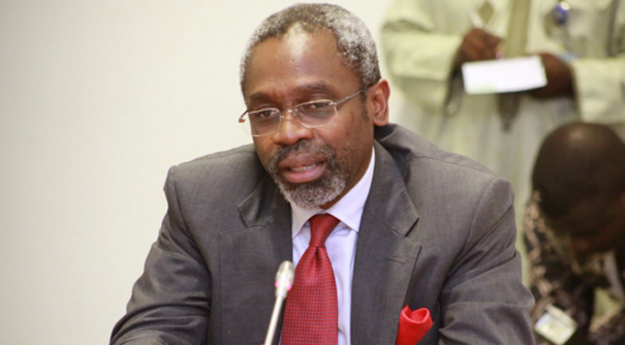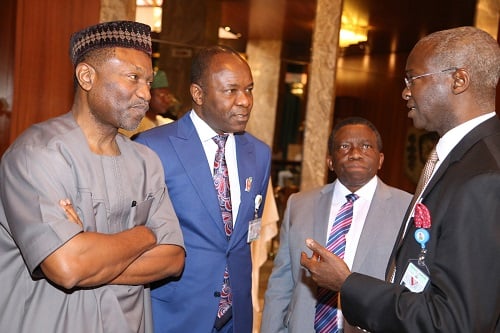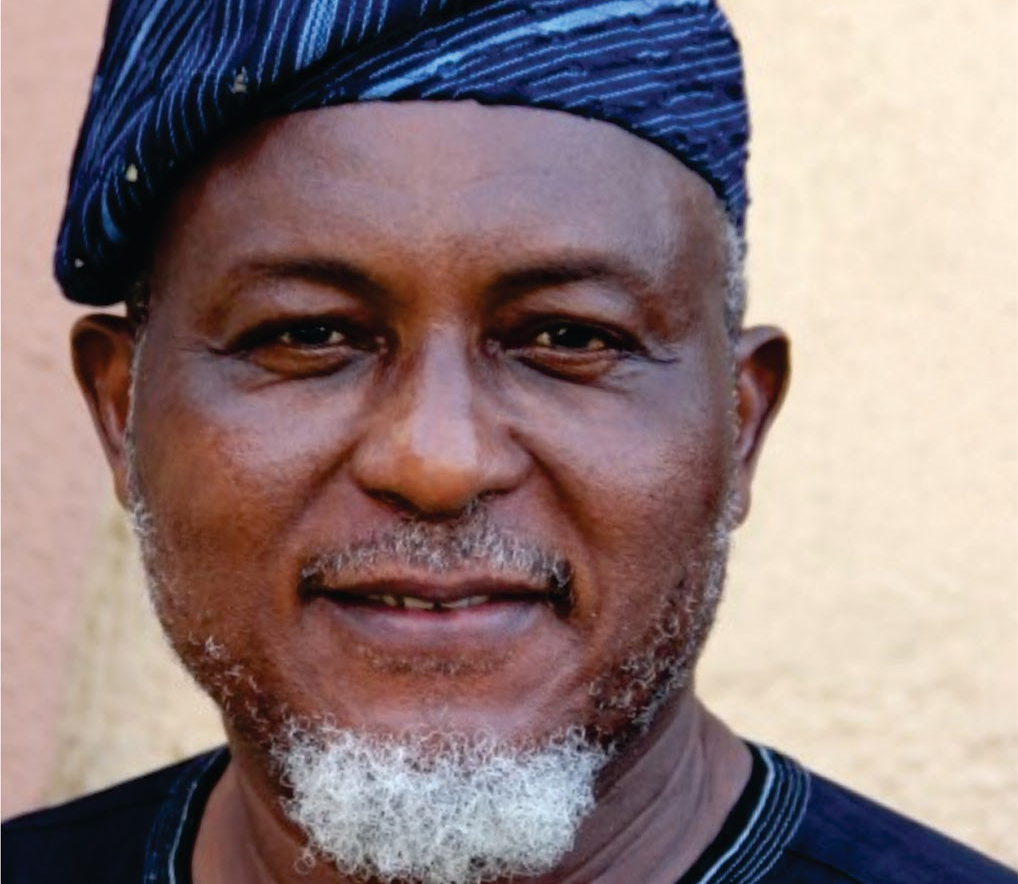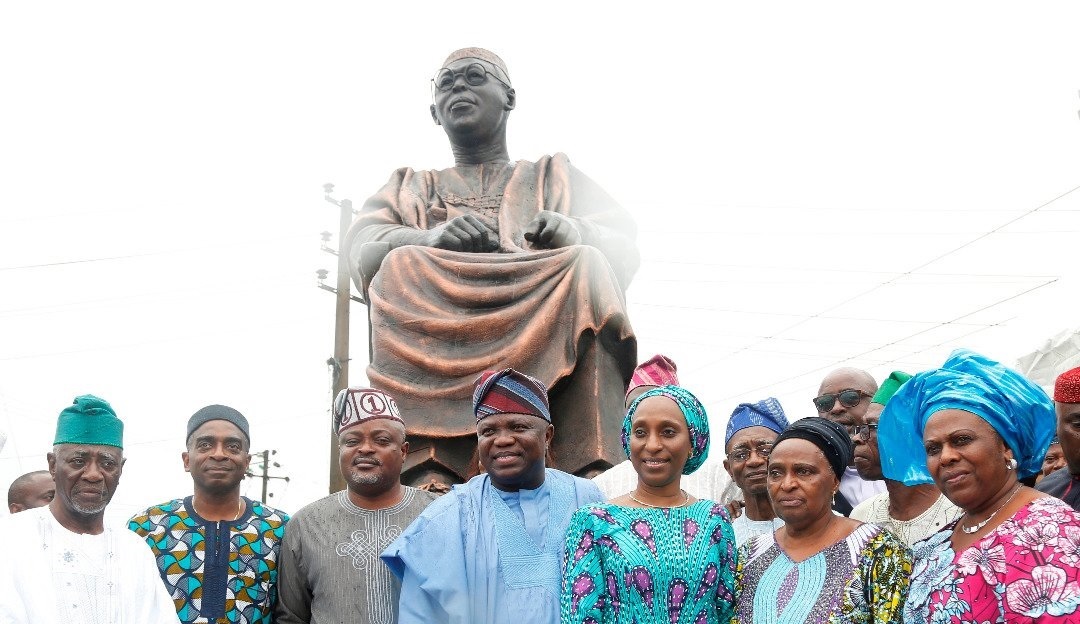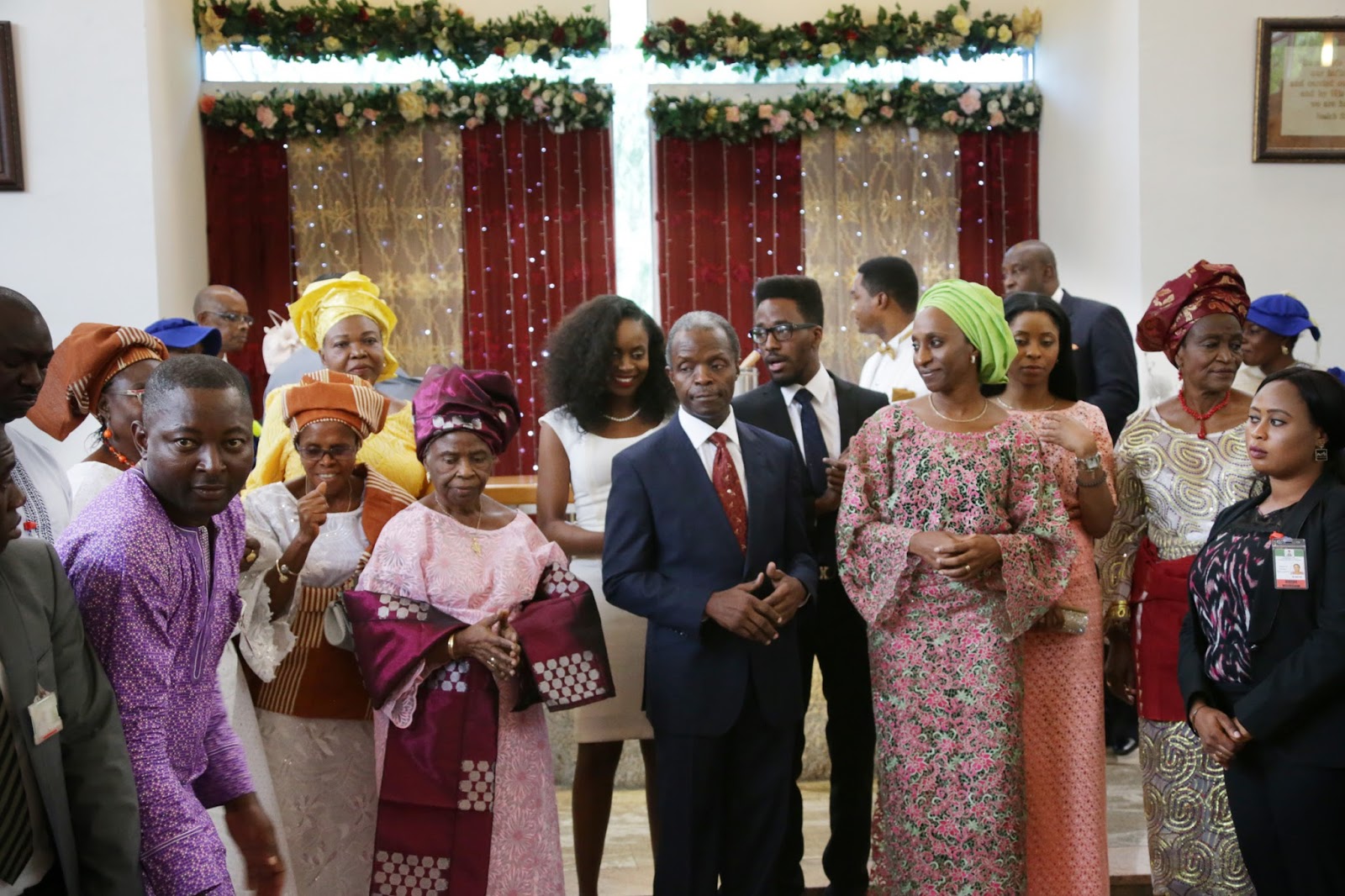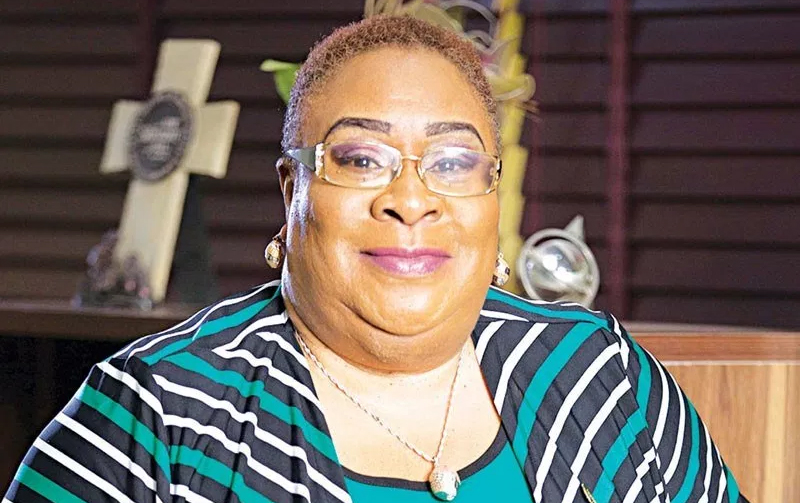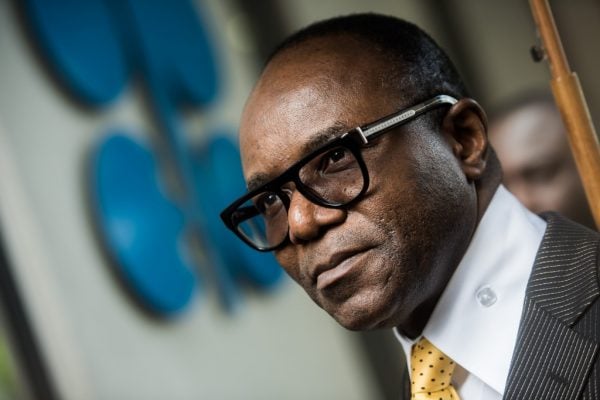Nigeria’s National Assembly (NASS), for long on the defensive over allegations of chronic institutional opacity, appears to have found a way to turn attack into defence. Its device of choice is the NGO Regulatory Bill, which is presently in committee in the House of Representatives. Flipping around the script, the NASS is accusing Nigeria’s voluntary sector of being a den of crooks in need proper policing.
The proponents of the NGO Bill have organized their defence of its provision around five broad themes. Their arguments deserve attention.
First, the rationale for the Bill. House Majority Leader, Femi Gbajabiamila, has proffered the most succinct rationale for the Bill, arguing – with no hint of irony – that “NGOs cannot be above the laws of the land. They must be regulated.” This is not an argument that any member of the NASS can credibly make. Ahead of their recess in July 2017, Gbajabiamila led his colleagues in a vote to amend the constitution in order to give themselves immunity, which puts them “above the laws of the land.” The grandiloquence of his claim misleads. Former President of the Civil Liberties Organisation, (CLO), Ayo Obe and Kaine Agary have respectively explained in detail some of the relevant laws governing NGOs in Nigeria. This NGO Bill won’t repeal any of these laws nor abolish any of the institutions that implement them.
The second theme in this debate is the goal of the Bill. If the rationale is misleading at best, the goal is based verifiable inaccuracy. Deputy Majority Leader, Umar Buba Jubril, who is the sponsor of the Bill, claims that his goal is “to address or cure defects occasioned by the absence of a regulatory framework on the operations and activities of civil society organisations in Nigeria.” This is clearly false. There is an extensive regulatory framework in existence. By its own admission, Parliament is not embarking on a review or upgrade of the existing regulatory system. They deny that any such framework exists.
Advertisement
The third theme is the scope of the Bill. On behalf of the House, Majority Leader, Gbajabiamila, himself a lawyer, carefullyargues that “nowhere in the Bill is there any reference to churches or mosques or old students’ associations.” This is far from saying that the Bill does not cover them as it surely does. Similarly, Tope Fasua, claims that “the bill actually says nothing about religious houses.” The Bill doesn’t have to mention churches or mosques or community, revolving credit institutions (Esusu) in order to apply to them. The explanatory memorandum to the Bill makes it clear that it is for “the supervision, co-ordination and monitoring” of NGOs, CSOs and community-based organizations (CBOs) in Nigeria. To begin with, Esusu are CBOs. Churches and mosques are too. However, section 57 of the Bill defines an NGO as “a private voluntary grouping of individuals or associations, not operated for profit or for other commercial purposes but which have organized themselves nationally or internationally for the promotion of social welfare, development, charity, or research through the mobilization of resources.” By defining NGOs to include “charities”, the Bill covers churches and mosques immediately. The advancement of religion is a core charitable object. In any case, it would be difficult to cast a provision that can lawfully exclude churches and mosques from the scope of the Bill. Any such effort would reveal an insidious design in the Bill against advocacy NGOs. Such a provision would almost surely fail as an attack on free speech and association and a license to political persecution.
Fourth, its supporters argue that the Bill is meant to catch crooks masquerading as NGOs but that’s the role of criminal law. Tope Fasua attempts to give this line of reasoning some respectability and Deputy Majority Leader Jubril insists, withoutciting any evidence or naming any group involved that “some NGOs are used to fund the activities of terrorist and insurgents.” This allegation is quite serious. To make it so glibly without any effort at substantiating it is irresponsible. If any NGO is involved in such an act, it is a serious crime. We don’t need new laws to put it out of business or to sanction its leadership. If the Deputy Majority Leader knows of any such group and has failed to bring them to the attention of the security agencies, he commits a crime and diminishes his office. What is verifiable is that the report of the Gaji Galtimari Presidential Committee on the insecurity in the North East in 2011 traced the origins of Boko Haram “to political aspirants who set them up in the run up to the 2003 general elections”, and tasked “the security agencies to beam their investigative searchlight on some key politicians who sponsored and funded and used the militia groups that metamorphosed into Boko Haram and bring them to justice.” Six years later, that has not been done. Some of these politicians could indeed be among those calling NGOs terrorists.
Fifth, there are those in the “constructive criticism” school, like Bashir Yusuf Ibrahim, who counsel dissenters from the Bill to “suggest how the bill could be improved, not to reject it in its entirety as they presently do.” Short of coherent rationales or goals and confused about the scope of the Bill or its functions, its proponents can’t point to one feature that can redeem it. It’s difficult to see how it can possibly be improved.
Advertisement
The House boasts that they have borrowed the model from Israel, Kenya and Uganda where the project of “NGO regulation” is to clobber perceived enemies of the government of the day. It may be more honest for them to come out clearly and admit this as their goal. That would help a whole lot in bringing the narrative of the Bill to an honorable conclusion.
Odinkalu chairs the Council of the Section on Public Interest & Development Law (SPIDEL) of the Nigerian Bar Association (NBA)
Views expressed by contributors are strictly personal and not of TheCable.
Add a comment

